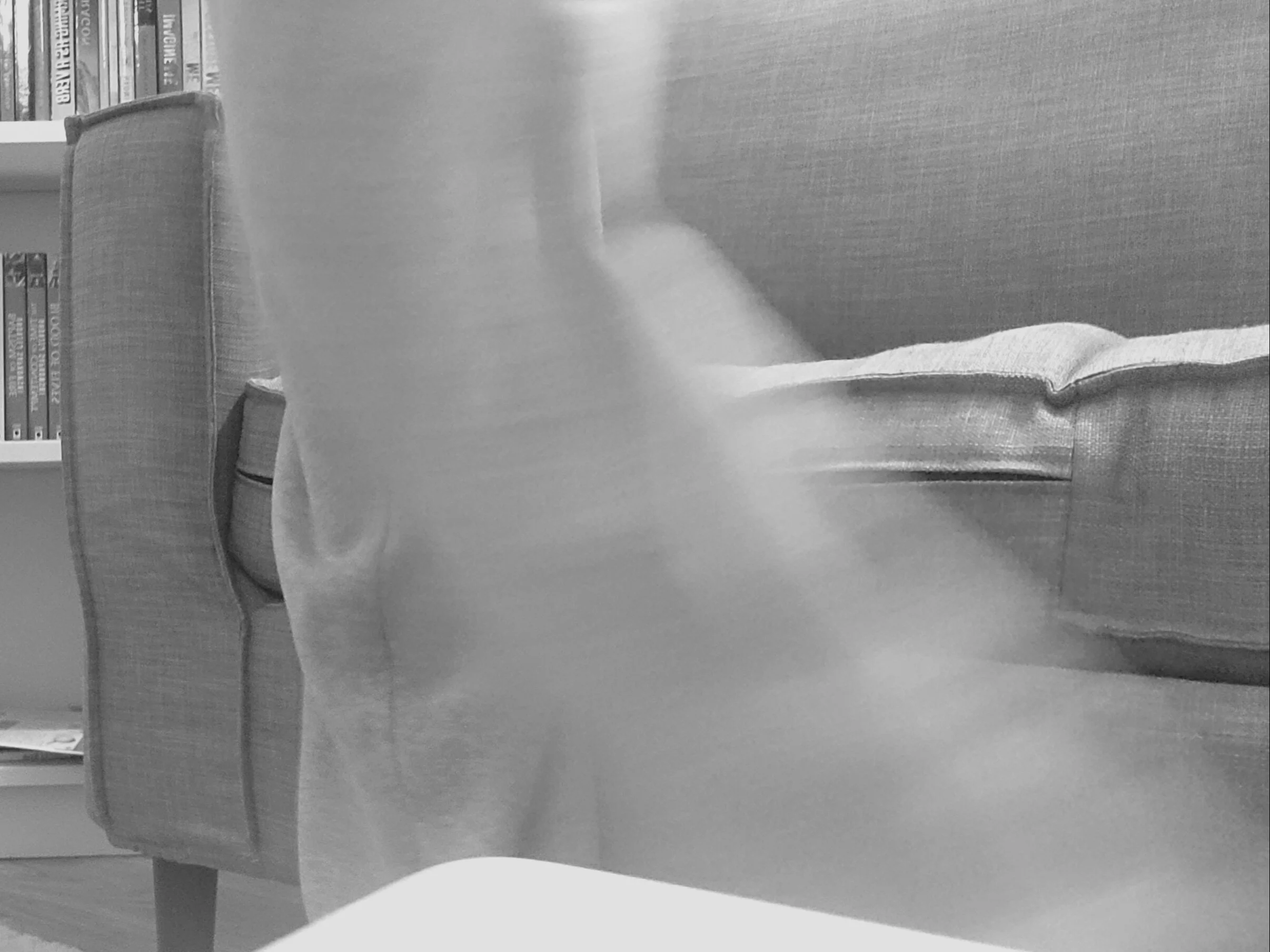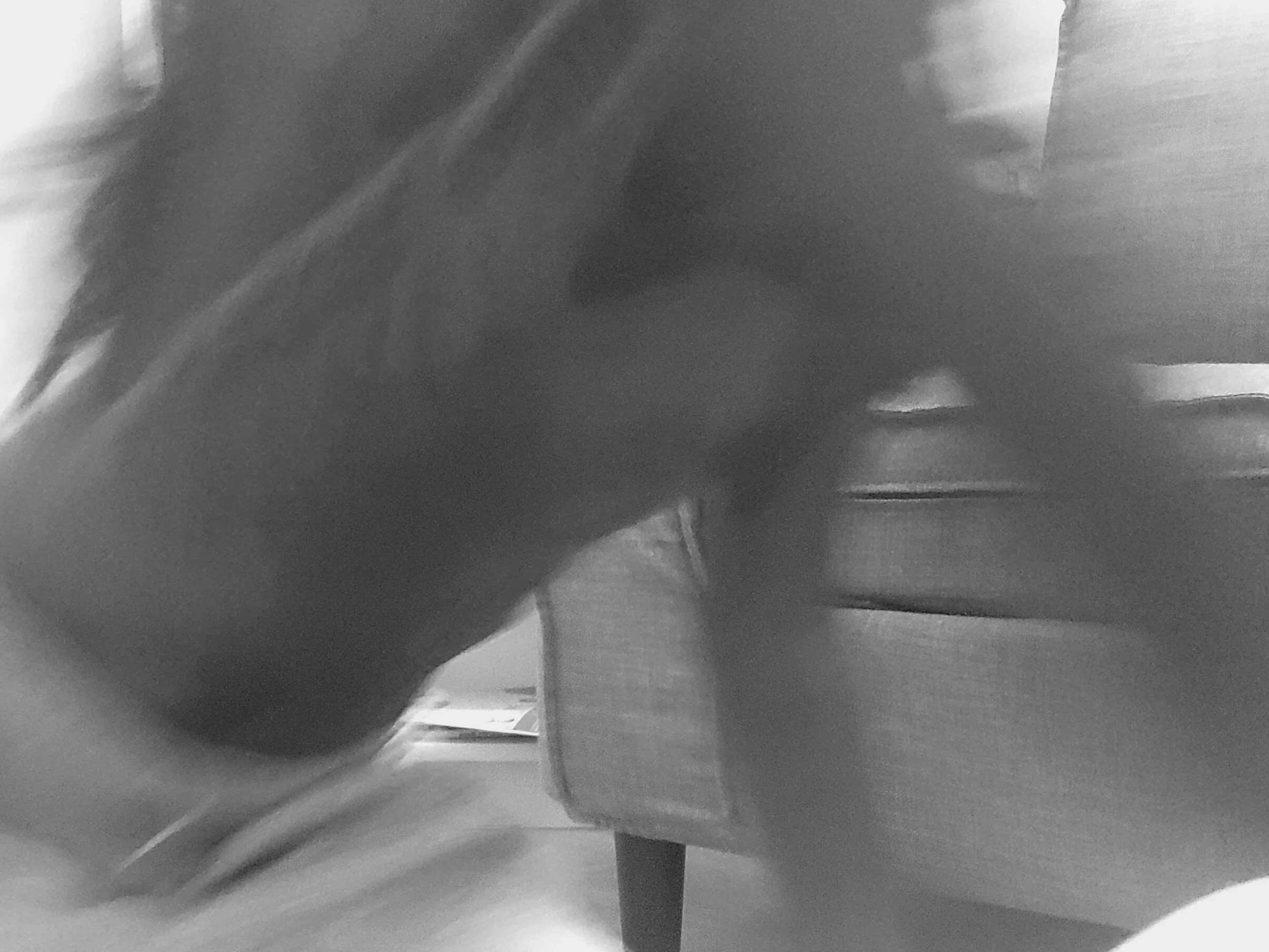Existing in Thirteen Corners of a Home
Does Success Depend on Actually Living?
How long do you think you would last in total isolation? Days? Weeks? Months? An Inverse article in 2019 reported on the man who opted to be in total solitude for 30 days for $100k, but ended up lasting 20 days after negotiating his release. In highschool, my friends and I thought about how long each of us would last or what would happen after a certain amount of time alone. Would we start to see things? Hear things? Probably, but at the time I swore I wouldn’t have a problem being alone at all. That the scientists would walk in and see me just sitting there completely chill and unfazed.
In the thirteen corners of my apartment, I’ve since come to terms with my own mortality and realised that, yes, I would start to lose it after a few weeks, but in highschool I thought I was invisible. I write this with my ‘summer 23’ playlist going, completely alone as I’ve been for the past few weeks and I can say that my mind has not been lost with the help of a phone and daily calls to anyone who will listen to me talk.
A Vancouver born author/poet I admire, Evelyn Lau, spoke of her process of writing and how she’s come up with her concepts in the past. She explained that a lot of her writing process was doing what appears to be nothing. Seeing friends, talking, laughing, dancing (living life, essentially) was her way of writing before any words went onto the page. My first thought was that I understood why writers had the reputation they did (of being relaxed hipsters with no care in the world), but I couldn’t help but agree with her.
Staying inside so often hasn’t necessarily made me a worse writer, but it definitely hasn’t improved anything either. It starts off explosive, with ideas running about in your mind and the open time leaves you space to get all these ideas on paper. So your ideas are written, they’re sent, they’re posted. Then what? Fun concepts are the part of writing that excites me, but all of them have come from the great outdoors and then the great beyond. Without this touch of life - friends making you laugh, a drink spilling at a bar or birds chirping at a picnic - there really is no story.
Coming up with ideas without those real feelings seems hollow. Sure, I could write something, but it doesn’t feel as personal. There’s nothing like eating with friends and thinking “Damn, what if an elephant just walked into the restaurant? What if all the animals at the zoo escaped and took over the city?’ (plot of Zoo (2015-2017)). It can feel like an artificial victory when ideas are pulled during pure isolation, which usually leaves a lack of passion and thus an unfinished project.
The correlation between success and consistency is one that I’ve heard about with some of the most prolific people in the world. Malcolm Timothy Gladwell, a Canadian journalist, popularised the 10,000 hour rule, “the key to achieving true expertise in any skill is simply a matter of practising, albeit in the correct way, for at least 10 000 hours.” The Beatles were said to have done it, and the rule was used as a way to ‘motivate’ children into becoming a success at one very specific thing, but where do the hours of living really fit into this rule?
Writing a song comes with inspiration and the inspiration has to come from somewhere. Of course there are many hours accounted for to do Life, but I can’t help thinking that the obsession with the rule may make a more socially awkward or perfection-obsessed self. But maybe I’m just lazy. Maybe I just want to have to partially participate and still be a success, have my cake and eat it too.
So thirty days in isolation? Tempting, but I’ll have to rethink it.

